Ecosystem Change Leadership
Build,
Lead
, Share
Build,
Lead
, Share
We lead community resilience, disaster recovery and social services improvement through collective policy and program innovation initiatives.
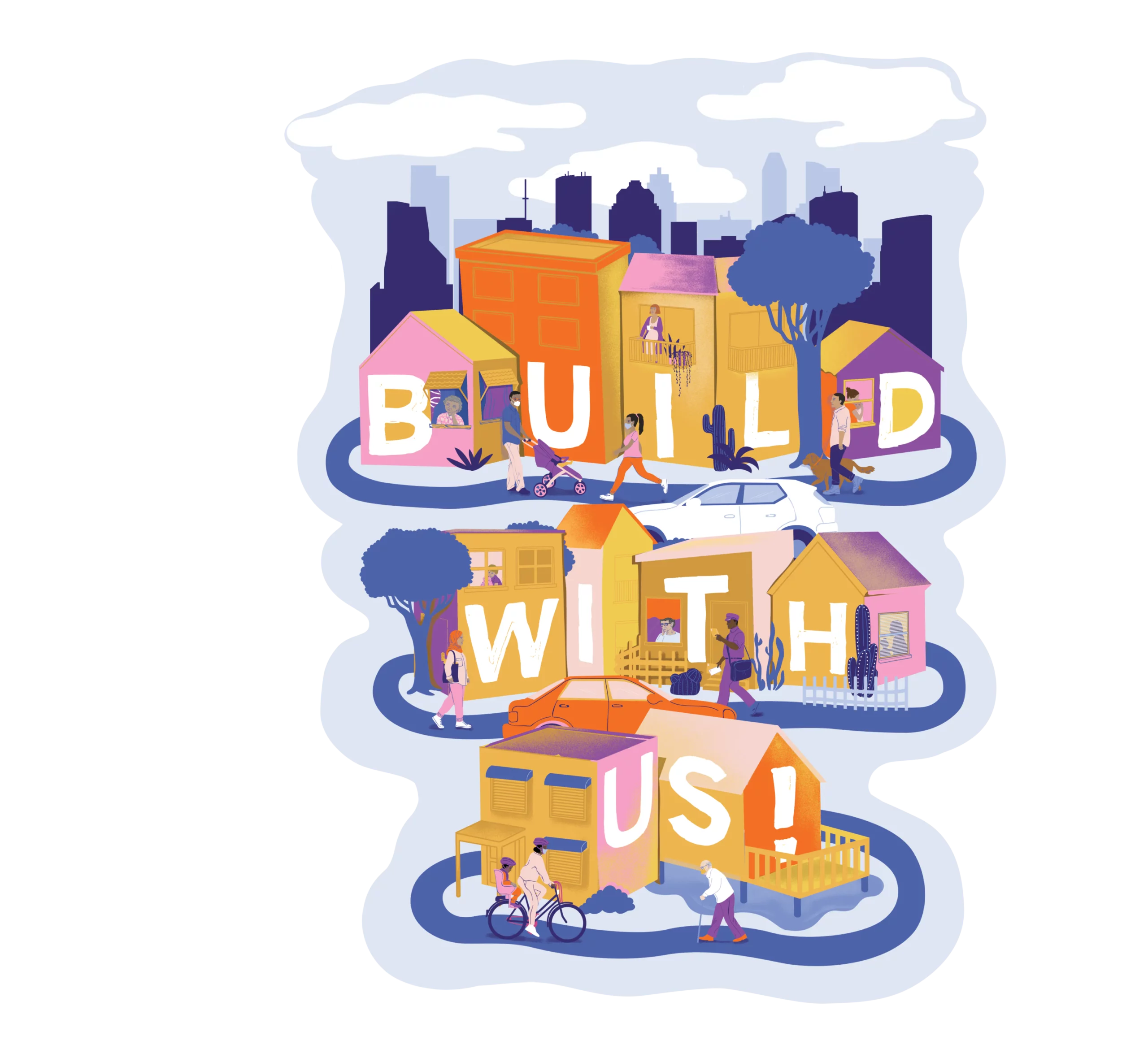
The Design Lab uses human-centered design and research methods to uncover insights that inform how governments, nonprofits and philanthropies allocate resources. Our goal is for the Design Lab to be a catalyst for a new culture of adaptation centered around the experiences of frontline communities.
The Nonprofit Disaster Recovery Framework (NDRF) is a coordinated service provider strategy for disaster response and recovery activities. The framework also recommends pre-disaster activities we should be working on now to increase our resiliency and adaptation. We think of it as a collective game plan for the future, built with the people who will use it.
We envision a future in which Gulf Coast-area individuals and families have clear, dignified access to underutilized public benefits. The Hub aims to be a scaleable, low-stakes tool that provides a snapshot of eligible public benefits for everyone. It would serve as a dynamic one-stop shop for seekers and their advocates to understand what benefits they qualify for, how to apply for those benefits, and how to access any community-based navigation assistance.
We develop policy and program recommendations focused on the continuous improvement of social services, disaster recovery and climate resilience at all levels of government with an emphasis on local issues and opportunities.
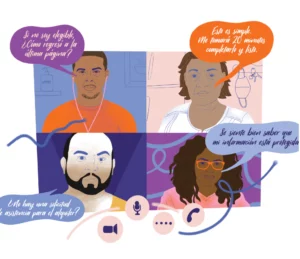
Increasing access to available assistance for underserved and disproportionately affected populations through human-centered and equity-focused policies.
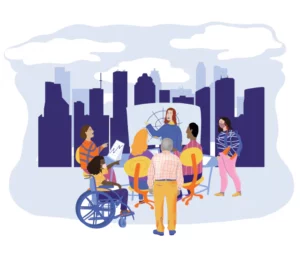
Developing effective coordination strategies that enhance communication and cooperation among service providers, advocates and seekers.
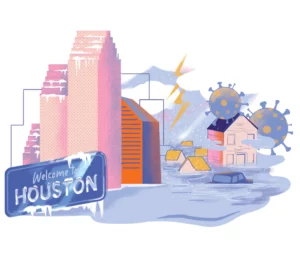
A focus on reducing local vulnerabilities, improving community capacity to respond to and recover equitably from compounding shocks, and moving towards a culture of adaptation in the face of climate change and its socio-economic effects.
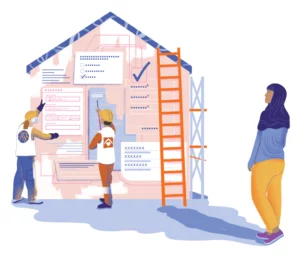
Promoting ecosystem-level shared practices that respond to needs and opportunities as they emerge while delivering iterative, but continuous, improvements.
We use our collective knowledge and experience to lead community change initiatives that better prepare us for the future.